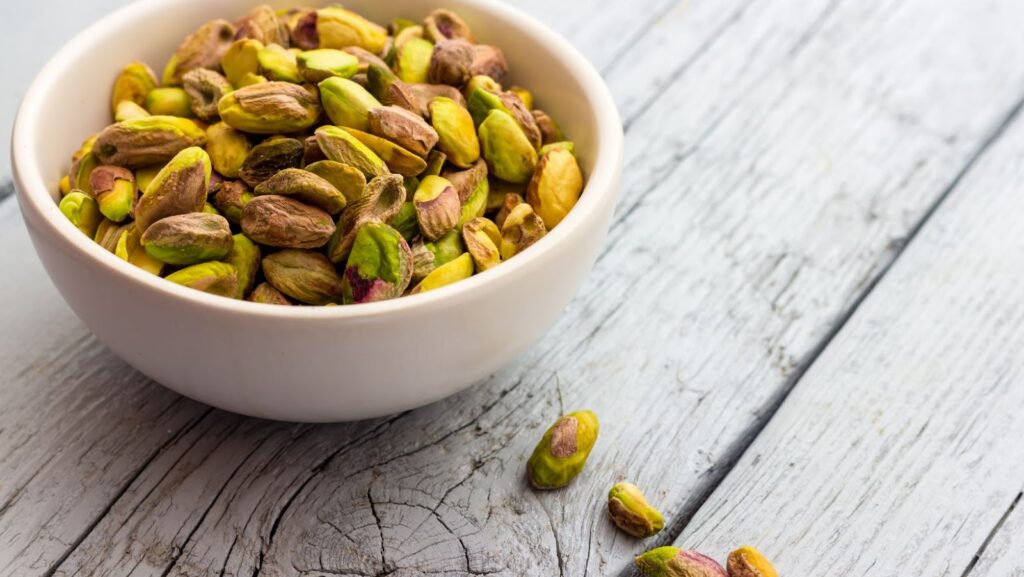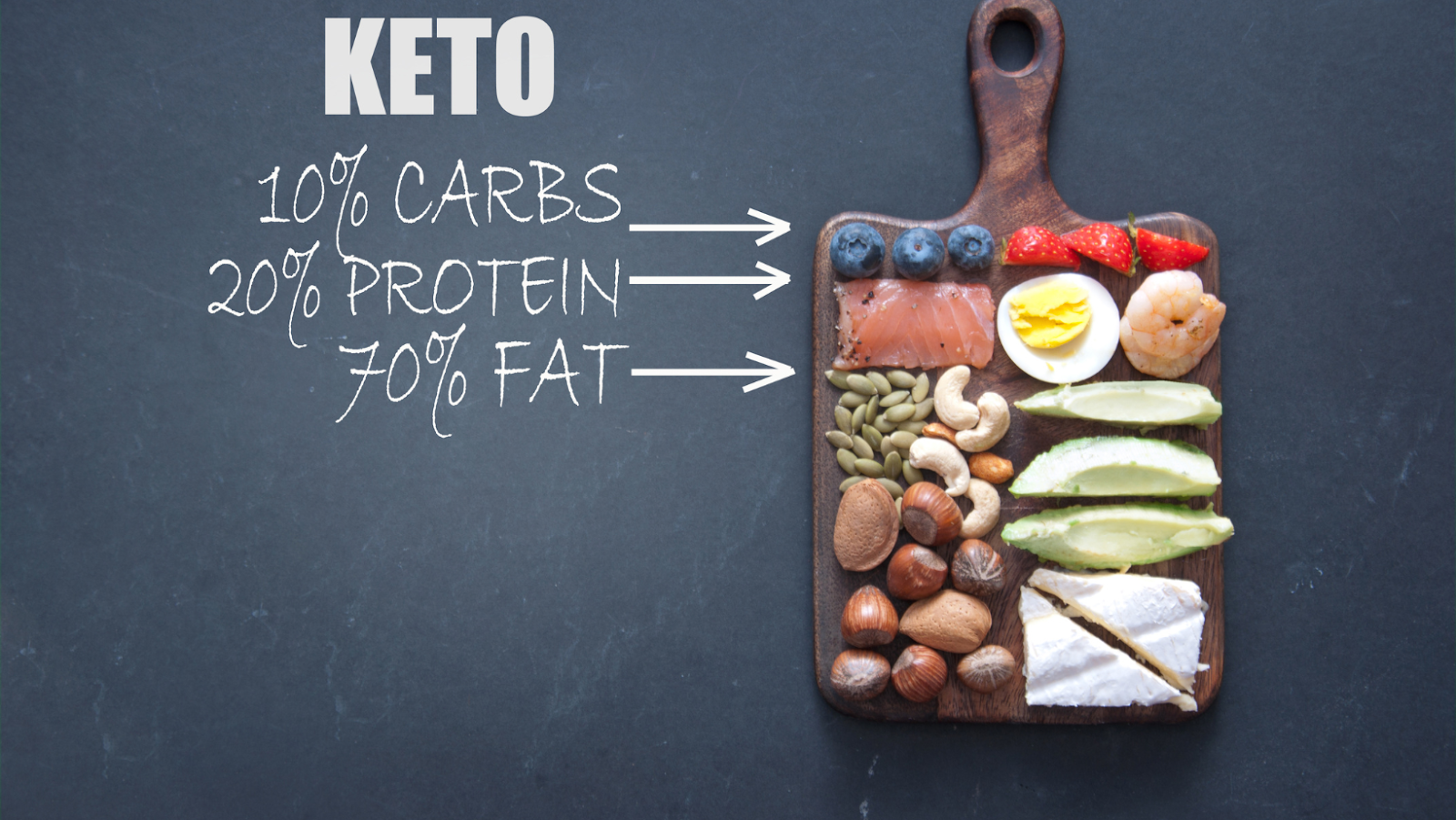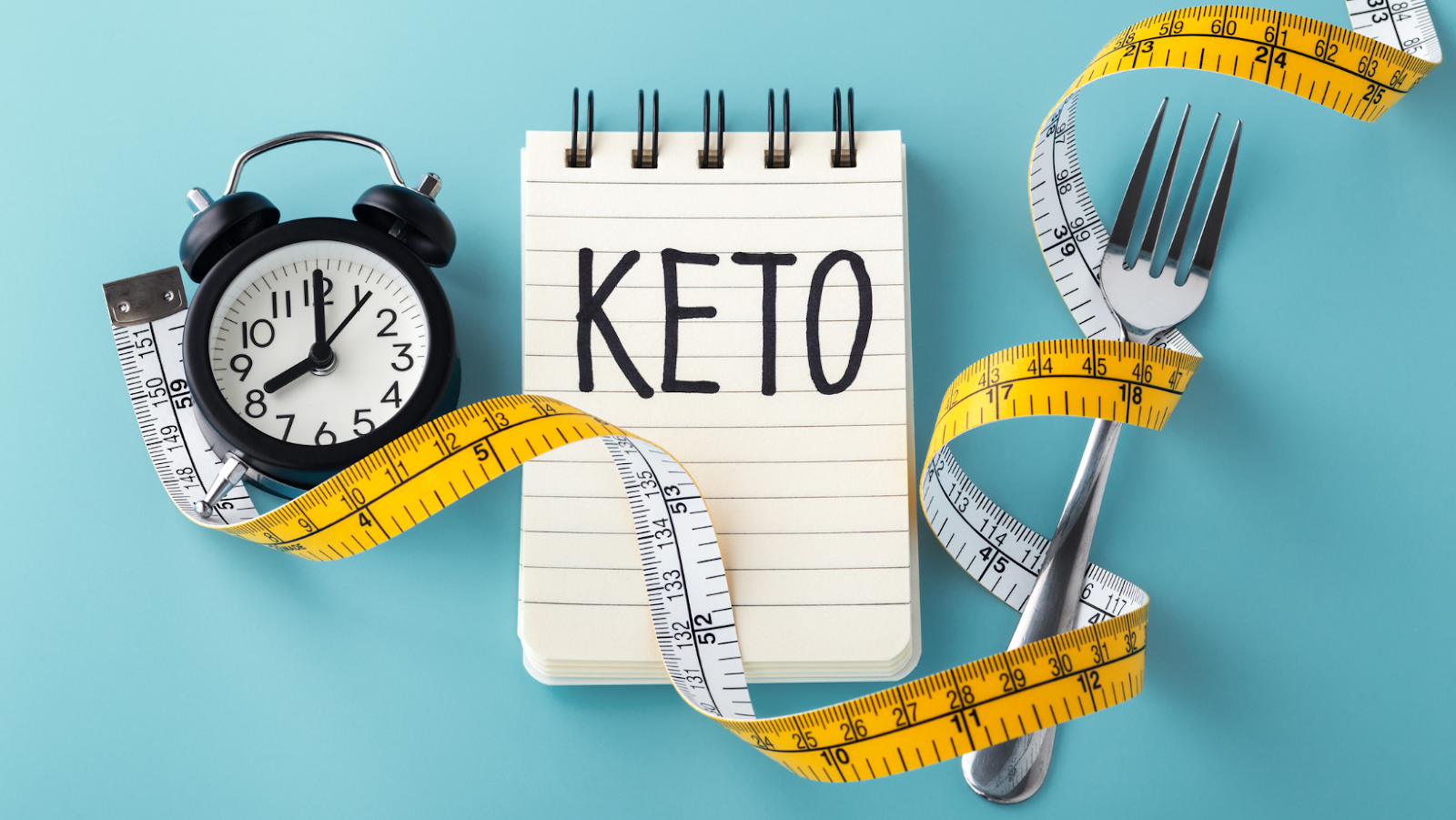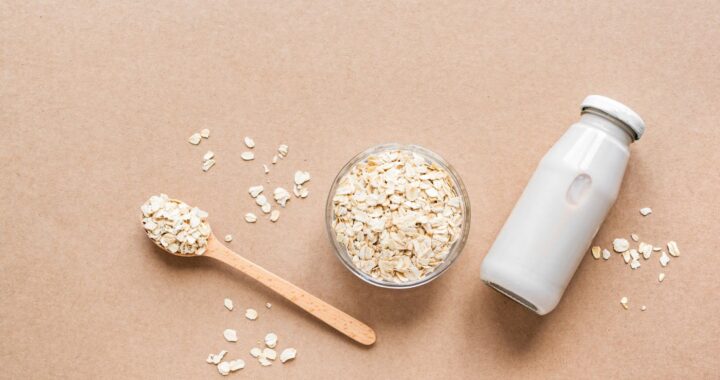The healthiest way to snack on pistachios

Looking for a delicious and nutritious snack that will fit into your keto diet? Then look no further than pistachios! These tasty little nuts are not only packed with healthy fats and protein, but they’re also low in carbs, making them the perfect snack for anyone on a ketogenic diet. Plus, they’re so satisfying that you’ll hardly feel like you’re missing out on all those sugary snacks you used to love.
Can you eat pistachios on keto
Pistachios are a healthy snack choice whether you’re following a ketogenic diet or not. However, there are a few things to keep in mind when selecting and eating pistachios on a keto diet.
First, it’s important to choose pistachios that are raw or roasted without salt or other added flavoring. This will help keep your sodium intake in check. Second, be mindful of the serving size – a small handful of pistachios is typically around 1 ounce or 28 grams. And finally, while pistachios are a good source of protein and healthy fats, they do contain some carbs so be sure to track your intake if you’re strict about staying under 50 grams of carbs per day on a keto diet.
Overall, pistachios make a delicious and nutritious snack that can fit into a healthy ketogenic diet. So go ahead and enjoy them in moderation!
The health benefits of pistachios
Pistachios are a good source of protein, dietary fiber, B-vitamins, and several dietary minerals. Pistachios contain more potassium than any other nut. A serving of pistachios (about 49 nuts) contains as much potassium as a small banana.
Pistachios are also a good source of tocopherols, phenolic antioxidants that may help prevent some chronic diseases. Studies have shown that tocopherols scavenge certain types of free radicals and may help prevent cancer.
Pistachio nuts have been shown to lower LDL (“bad”) cholesterol and raise HDL (“good”) cholesterol in people with normal cholesterol levels and in those with high cholesterol levels.
The nutritional value of pistachios
Pistachios are a good source of protein, fiber, and essential nutrients, making them a healthy snack option. One ounce (28 grams) of pistachios packs in 6 grams of protein and 3 grams of fiber — both of which are important for maintaining a healthy weight and preventing chronic diseases.
Pistachios are also a good source of vitamins B6 and E, potassium, copper, and manganese. These nutrients play important roles in keeping your heart healthy, maintaining proper blood sugar levels, and protecting your cells from damage.
Interestingly, pistachios contain more antioxidants than other nuts. Antioxidants neutralize harmful toxins that can damage cells, leading to inflammation. This may explain why eating pistachios has been linked to lower rates of heart disease and other chronic conditions.
The best way to eat pistachios
There are many health benefits to eating pistachios, including their high protein and fiber content. They are also a good source of healthy fats, vitamins, and minerals. However, pistachios are relatively high in carbs, so they may not be suitable for people on a ketogenic diet.
If you want to eat pistachios on a keto diet, it’s important to do so in moderation. One ounce (28 grams) of pistachios contains 5 grams of net carbs, so it’s best to limit your intake to a small handful per day. In addition, be sure to choose unsalted pistachios that have not been roasted in unhealthy oils.
How pistachios can help you lose weight
Eating pistachios may help you lose weight.
Pistachios are a low-calorie, high-protein snack that can help you feel full and satisfied. A one-ounce (28-gram) serving of pistachios contains about 160 calories and 6 grams of protein (1).
What’s more, several studies have shown that eating pistachios can help promote weight loss.
One study in 30 people with obesity found that those who ate 1 ounce (28 grams) of pistachios per day for 12 weeks lost significantly more weight and body fat than those who didn’t eat pistachios (2).
Another study showed that people who added 48 grams of pistachios to their daily diet lost more weight and body fat than those who didn’t eat the nuts (3).
Pistachios may promote weight loss by affecting hormones that regulate hunger and fullness. One study found that eating 1 ounce (28 grams) of pistachios decreased levels of ghrelin — a hormone that stimulates appetite — while increasing levels of peptide YY — a hormone that promotes fullness (4).
Additionally, the majority of the fat in pistachios is unsaturated, which has been linked to weight loss. A diet high in unsaturated fats may reduce your risk of obesity and promote weight loss, compared to a diet high in saturated fats (5, 6).
How pistachios can help you maintain a healthy weight
Pistachios are a healthy snack option whether you’re trying to lose weight or not. But if you are looking to shed some pounds, they can be a helpful part of your diet.
Pistachios are a low-calorie food, with about six nuts providing only 40 calories. That makes them a good snack for people who are trying to lose weight or watch their calorie intake.
In addition, pistachios contain fiber and protein, both of which can help you feel full after eating. That may make it easier to eat fewer calories overall and lose weight as a result.
What’s more, studies have shown that eating pistachios may help reduce your waistline. One study showed that people who ate 1.5 ounces (42 grams) of pistachios per day for 12 weeks had a significantly smaller waist circumference than those who didn’t eat the nuts (16).
You can enjoy pistachios as part of a healthy diet by adding them to yogurt or oatmeal, using them as a topping on salads, or eating them on their own as a snack.
The healthiest way to snack on pistachios
Pistachios are an excellent source of protein, fiber, and healthy fats. They’re also low in calories and carbs, making them a great snack for people on a ketogenic diet.
If you’re looking for a healthy way to snack on pistachios, try roasting them in the oven with a little bit of olive oil and sea salt. You can also add them to salads or use them as a garnish on keto-friendly dishes.
The best time to eat pistachios
Pistachios are best eaten in the morning or early afternoon. This is because they are a good source of healthy fats and protein, which can help to keep you full until lunchtime. They are also a good source of fiber, which can help to regulate your digestion.
How to store pistachios
Pistachios are a healthy, nutty snack that can be enjoyed in many different ways. You can eat them whole, roasted, or as part of a trail mix. You can also add them to salads or use them as a garnish on desserts.
Pistachios are a good source of protein, fiber, and healthy fats. They are also low in calories and carbs, making them a great snack for people on a ketogenic diet.
When buying pistachios, look for ones that are fresh and have not been treated with any chemicals. If you buy pistachios that are already roasted, make sure that they are not roasted in unhealthy oils.
To store pistachios, keep them in a cool, dry place. You can store them in an airtight container in the fridge for up to two weeks.

 Fad Diets and Long-Term Solutions: A History of Dieting Trends
Fad Diets and Long-Term Solutions: A History of Dieting Trends  5 Weight Loss Myths
5 Weight Loss Myths  The Secret to Getting More Energy and Endurance When you are on a Keto Diet
The Secret to Getting More Energy and Endurance When you are on a Keto Diet  The Ultimate Guide to Keto Carrots
The Ultimate Guide to Keto Carrots  Mayo for a keto diet: what to look for
Mayo for a keto diet: what to look for  Myths about keto explained
Myths about keto explained